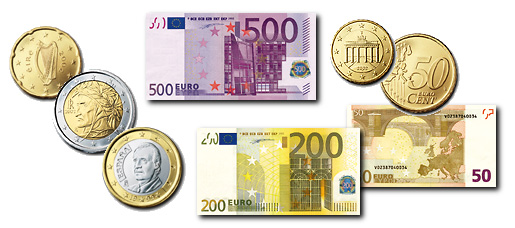European Central Bank is the central bank for the 20 member countries of the European Union that have adopted the euro as their single currency. These countries make up what is commonly called the euro area or the eurozone. The 20 countries are Austria, Belgium, Croatia, the Republic of Cyprus, Estonia, Finland, France, Germany, Greece, Ireland, Italy, Latvia, Lithuania, Luxembourg, Malta, the Netherlands, Portugal, Slovakia, Slovenia, and Spain. The national central banks in the 20-country euro area and the ECB together form the Eurosystem.

The ECB was established on June 1, 1998. It is based in Frankfurt, Germany. The highest decision-making body of the ECB is the Governing Council. The Governing Council consists of the six members of the ECB’s executive board and the governors of each of the national central banks in the euro area. The Governing Council defines the monetary policy for all euro-area countries. Monetary policy influences such economic factors as interest rates and the availability of money.
The main objective of the ECB is to maintain price stability within the euro area. The ECB defines price stability as an annual increase in the Harmonised Index of Consumer Prices (HICP) of 2 percent. The Governing Council of the ECB has the sole right to authorize the issue of bank notes within the euro area and to approve the volume of money issued. Other responsibilities of the ECB include conducting foreign-exchange operations and managing foreign-exchange reserves of the euro-area members.
See also Euro; European Economic and Monetary Union.
